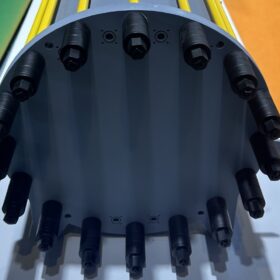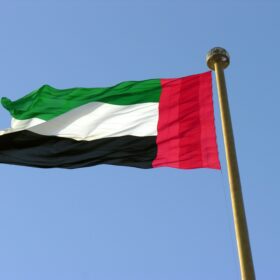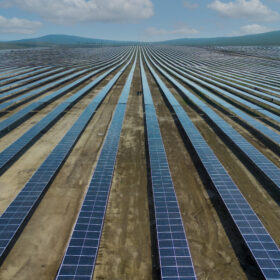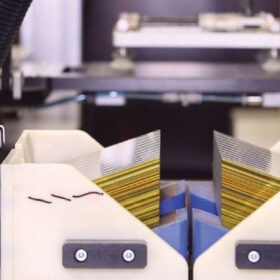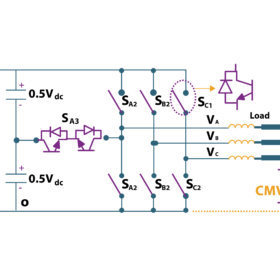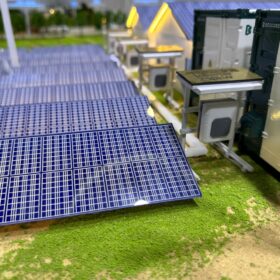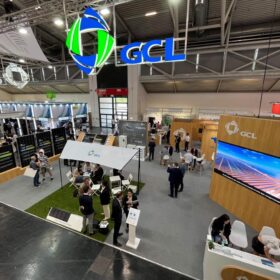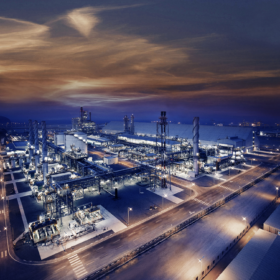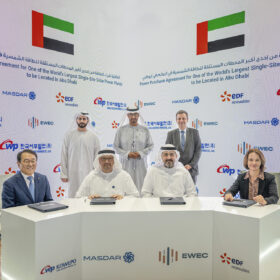The Hydrogen Stream: Canada, Italy announce funds for hydrogen trade, infrastructure
Canada and Italy announced funds for hydrogen projects. Meanwhile, a team of researchers explained that Australia should ship hydrogen to Japan by 2030 via methyl cyclohexane (MCH) or liquid ammonia (LNH3), not completely rejecting the option of liquid hydrogen (LH2).
EWEC issues requests for proposals for 400 MW BESS project
The UAE’s Emirates Water and Electricity Company (EWEC) says 27 companies and consortiums that expressed interest in developing the project qualified for this stage of the tender.
The Hydrogen Stream: Europe could miss 2030 hydrogen targets
The European Court of Auditors says the European Union will likely fail to achieve its 2030 renewable hydrogen goals, while the US Department of Energy and Arches have agreed to build a $12.6 billion hydrogen hub in California.
Masdar raises $1 billion with second green bond
Abu Dhabi-based Masdar has raised $1 billion through a new bond issuance. It says the investment will fund equity commitments on new greenfield projects, several of which are in developing economies.
A gulf between PV ambition and testing facilities
Though it already hosts several of the world’s largest PV installations, the Middle East and North Africa (MENA) region’s solar industry is still young, with limited local infrastructure and expertise. Project developers are learning quickly that building PV in harsh desert environments requires a careful eye on quality. New testing laboratories are looking to meet demand.
New pulse width modulation tech to reduce switching losses in three-phase inverters
Scientists in the Emirates have conceived a new space vector pulse width modulation method that reportedly reduces switching losses and increase efficiency in three-phase photovoltaic inverters. The proposed technique was found to have a higher efficiency, while providng lower common-mode voltage, leakage current and total harmonic distortion compared to traditional pulse width modulation approaches.
DEWA unveils new method to measure current-voltage curves in PV systems
A group of scientists from the UAE-based energy utility has developed a new method to conduct I-V curve measurements without transporting the solar modules to laboratories for detailed analysis. The proposed Suns-Vmp approach reportedly offers a “very low” average root mean square error between the simulated and the real I-V curves.
GCL Tech, Mubadala to open polysilicon factory in UAE
Chinese polysilicon maker GCL Tech says it is partnering with Emirati state-owned Mubadala Investment Co. to build the Middle East’s first polysilicon factory in the United Arab Emirates.
The Hydrogen Stream: Adnoc delivers low-carbon ammonia to Japan
Adnoc has delivered the world’s first certified bulk commercial shipment of low-carbon ammonia to a client in Japan, while Plug Power has agreed to supply a 3 GW electrolyzer in Australia.
EDF, KOWEPO, Masdar to develop 1.5 GW of solar in UAE
France’s EDF Renewables, South Korea’s Korea Western Power Co. (KOWEPO), and Abu Dhabi Future Energy Co. (Masdar) have agreed to jointly design, finance, build and operate a 1.5 GW solar project in the United Arab Emirates, under a power purchase agreement (PPA) with Emirates Water and Electricity Co. (EWEC).
